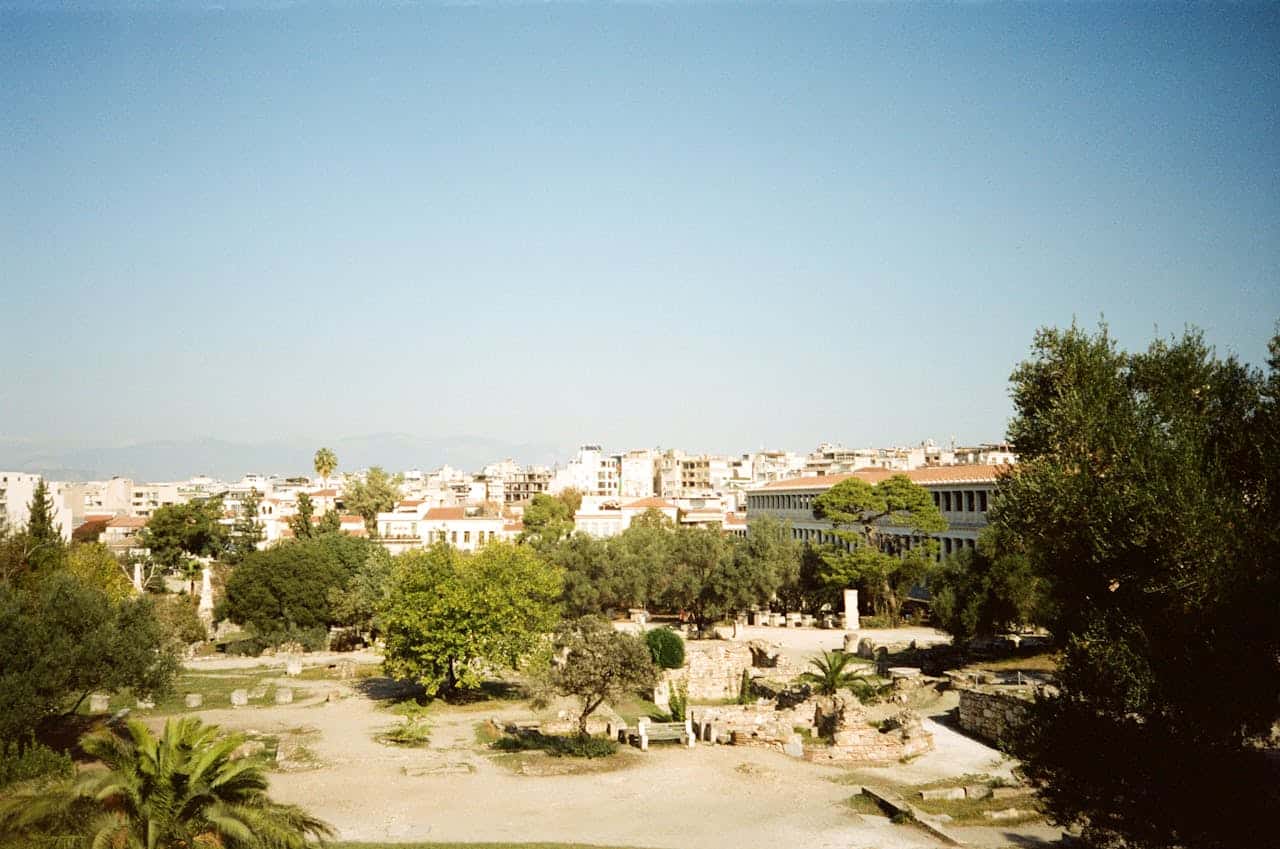The applications from 11 British, one French and one Cypriot institution were submitted to the Greek Ministry of Education on March 31, after regulatory reform allowing international universities to establish fully accredited branch campuses in Greece.
Greek education minister Sophia Zacharaki welcomed the “historic reform”, which aims to meet the growing demand from Greek students for internationally recognised and accredited university degrees.
“[The reform] provides new choices to Greek college students, establishes Greece as an educational destination for thousands of foreign students,” said Zacharaki.
She added that the reform would provide the opportunity for Greek scientists working abroad to return to Greece, transforming the country into “a hub of knowledge and innovation for the greater region of southeastern Europe”.
As well as attracting international students, the legislation aims to meet the “ever-increasing domestic demand” for higher education, halt the emigration of Greek young people and encourage the return of Greek academics and scientists.
In 2024, more than 40,000 Greeks studied abroad, according to the government.
And yet, the bill was met with fierce opposition during its parliamentary debate, sparking weeks of protests from domestic students and faculty who argued the legislation would undermine Greek state universities and devalue domestic degrees.
It’s advocates, however, maintain that healthy competition will uplift Greece’s higher education system, attract international investment and create new jobs.
“The government wants to modernise the Greek higher education landscape and create two systems, one state and one non-state that will interact creatively with each other,” said Study in Greece director, Theodoros Papaioannou, when the bill was passed.
Pending government approval, the majority of applicants plan to launch branch campus operations in October 2025, with nine institutions already partnered with Greek private colleges that operate as affiliates of European institutions.
For instance, York University’s existing partner, CITY College in Thessaloniki, will transition into the University of York Europe Campus, CITY U.L.E, operating as a non-state, non-for-profit university.
Among the other UK applicants are the University of East London, the University of Greater Manchester, the University of Derby, London Metropolitan University, the University of West London and the University of Essex.
[The branch campus] promises to elevate the educational landscape in Greece and offer students even more pathways for success
Constantine Arcoumanis, Metropolitan College, Greece
UEL’s institutional partner, Metropolitan College, Greece (MC), welcomed the collaboration, highlighting the benefit of Greek students obtaining accredited degrees from leading European universities.
“[The branch campus] promises to elevate the educational landscape in Greece and offer students even more pathways for success,” said MC academic board chairman Constantine Arcoumanis, adding he was “excited” about the proposals.
To ensure accessibility for domestic students, UEL said that many of its programs would be delivered in Greek, and that students would have access to UEL’s careers services and soft skills support, as well as study abroad, cultural exchange and learning resources.
The University of York’s campus, with locations in Thessaloniki and Athens, plans to establish a “leading hub for computer science studies”, initially offering undergraduate and postgraduate degrees across the schools of business studies, sciences, and law and humanities.
In a video message, York’s vice-chancellor welcomed the Greek government’s decision and said that his branch campus aimed to “contribute to the advancement of higher education and to establish Greece as an international education hub”.
Last month, Greek Prime Minister Kyriakos Mitsotakis spotlighted York University’s interest in expanding operations to Greece: “Ranked 146th globally in 2025, York has been recognised for its excellence in research and teaching by official British institutions,” he told Greek media.
Since Mitsotakis came to power in 2019, Greece has pursued the internationalisation of higher education, with the Prime Minister highlighting the need to combat Greece’s “brain drain”.
In July 2022, the government changed the constitution to allow universities to offer bachelor programs taught in English.


